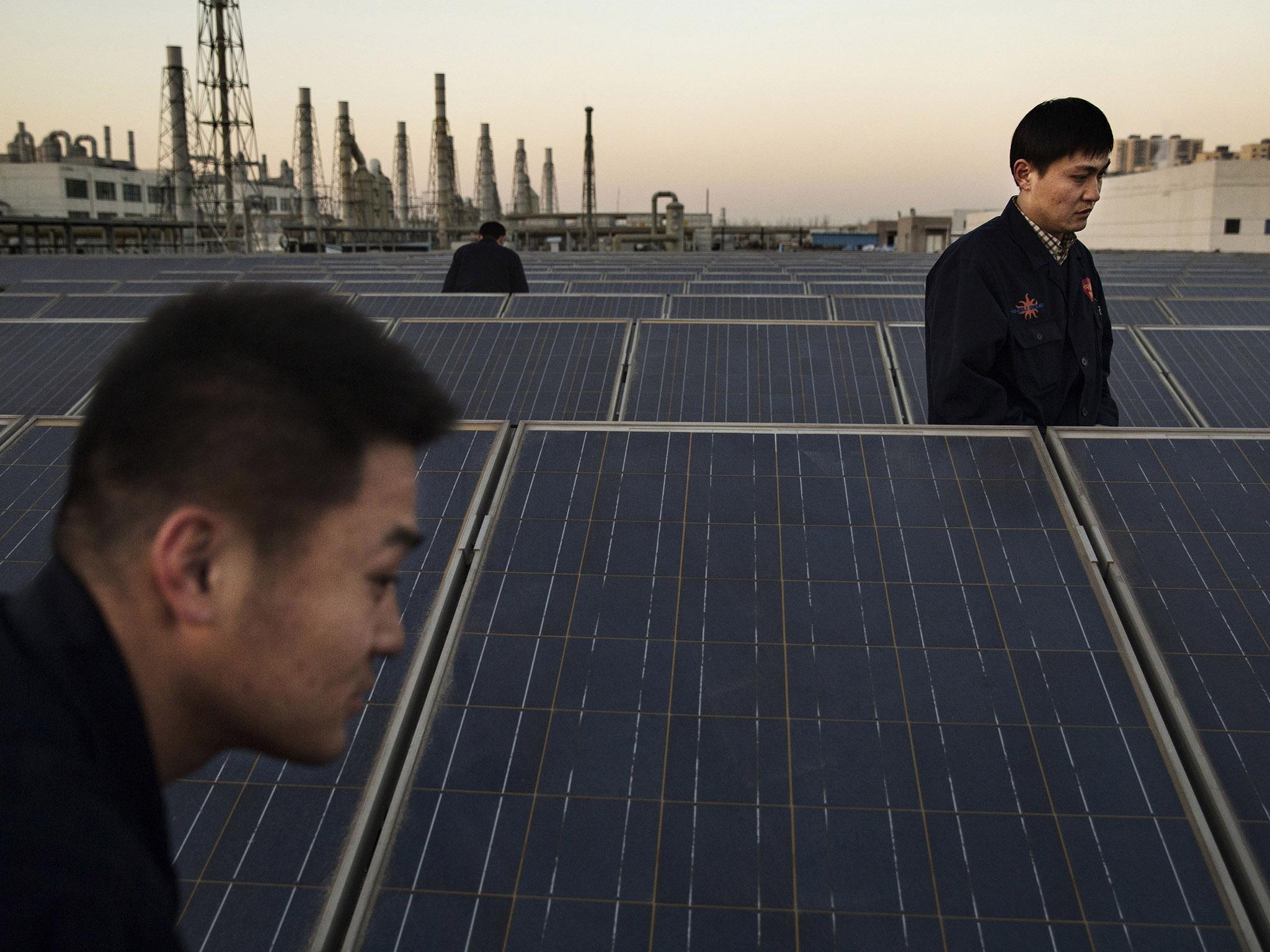The Tories' energy price cap is a cheap gimmick and no different from Miliband's freeze
Shares in energy companies tumbled and the industry warned of cuts to jobs and investment, just like when Mr Miliband trailed his big idea. It's a bad policy, but not for those reasons

“Shocking,” declared Conservatives when Ed Miliband first suggested a two year energy price freeze.
Ed Davey, the then Liberal Democrat energy secretary, trotted out the old “lights will go out” scare. Right wing tabloids claimed a return to 1970s style interventionism. “Red Ed,” they cried. “He’s a commie!”
The share prices of quoted energy companies tumbled. Well, they lost about 5 per cent.
A couple of years on, the 2013 promise was claimed to have cost the average family £70 each in higher bills because big energy companies were “scared” to cut prices (the poor dears).
But, hang on, what’s this? Two years further on and the Conservatives are promising to do the same thing in response to the same sharply rising energy prices that so exercised Mr Miliband.
The two members of the “Big Six” energy companies quoted on the UK stockmarket (British Gas owner Centrica and Scottish & Southern Energy) duly lost around 5 per cent of their market values in response as investors took fright. And industry lobbyists trotted out the same criticisms they levelled at Mr Miliband. A cap could put “billions in investment" at risk and "threaten jobs”. British Gas boss Iain Conn even laughably warned that customer service would be threatened, as if the energy companies actually understood the concept.
Strangely enough, however, most of “Red Ed’s” other critics were rather quiet. No one was calling Ms May a commie. And the threats that “Red” Ther would turn the lights out? Apparently that's not such a danger any more.
Nor, when I took a look at CapX, were there any articles from climate change deniers warning about Britain’s energy market being back under state control.
Of course, this time the policy is different. We know that because Work & Pensions Secretary (why him?) Damian Green told us so. It will be a cap - on the standard tariffs that most households pay - not a freeze and it will be set by energy regulator OfGem (conveniently relieving the Government of the responsibility). That means it will be “flexible”, able to reflect market conditions. Riiight.
You can paint your door crimson or you can paint it scarlet but ask a passer by what the colour is and they will almost certainly say “red”.
This is no different. It’s the self same policy, just with a fresh coat of paint. And if the critics were at all consistent, they would say the same thing. If energy companies were afraid to cut prices ahead of Mr Milliband’s freeze for fear that that would have the effect of lowering the freeze's ceiling, why wouldn't they be similarly afraid to do so now with the threat of Ms May’s cap looming (assuming wholesale prices start to fall again).
If Mr Miliband's freeze was an example of state interventionism in the energy markets, this is no different. If Mr Miliband's freeze was going to come at the cost of investment and jobs? Well, I scarcely need to spell it out.
Despite the appalling hypocrisy at work, you can make a case for both policies. While the number of companies in the domestic energy market has increased, and by a considerable degree, efforts to encourage consumer switching have met with only limited success. As a result, they pay too much to companies that are taking advantage of them.
The reason for this is clear. Most people still find the energy market complex and confusing, and they often fear the consequences of switching (perhaps with good reason). “Better the devil you know.”
So when most of the big firms introduce sharply higher prices, blaming higher prices on the world market, they'll grumble and groan, but they'll put their hands in their pockets because they don't feel they have any choice.
The privatised energy market that was created by the Conservative Party has been great for investors. That's why overseas bidders gobbled up such a large chunk of the market. Consumers haven't enjoyed the same benefits.
However, the problem with a cap, or even a freeze, is ultimately this: It is a simple solution to a complex problem, designed more with the intention of grabbing headlines than of bettering people’s lives.
The UK requires a long term energy strategy, involving a far greater use of power from (increasingly economic) renewable sources so its citizens aren't left in hock to the international wholesale energy markets. Or left reliant on environmentally destructive fracking that threatens people's health and homes.
Instead, the Conservative Government dumps extra taxes on non domestic users of solar power, and then responds to sharp rises in bills with the promise of a cheap fix stolen from its rivals in the midst of an election campaign.
And politicians wonder why they are held in such low esteem.
Join our commenting forum
Join thought-provoking conversations, follow other Independent readers and see their replies
Comments